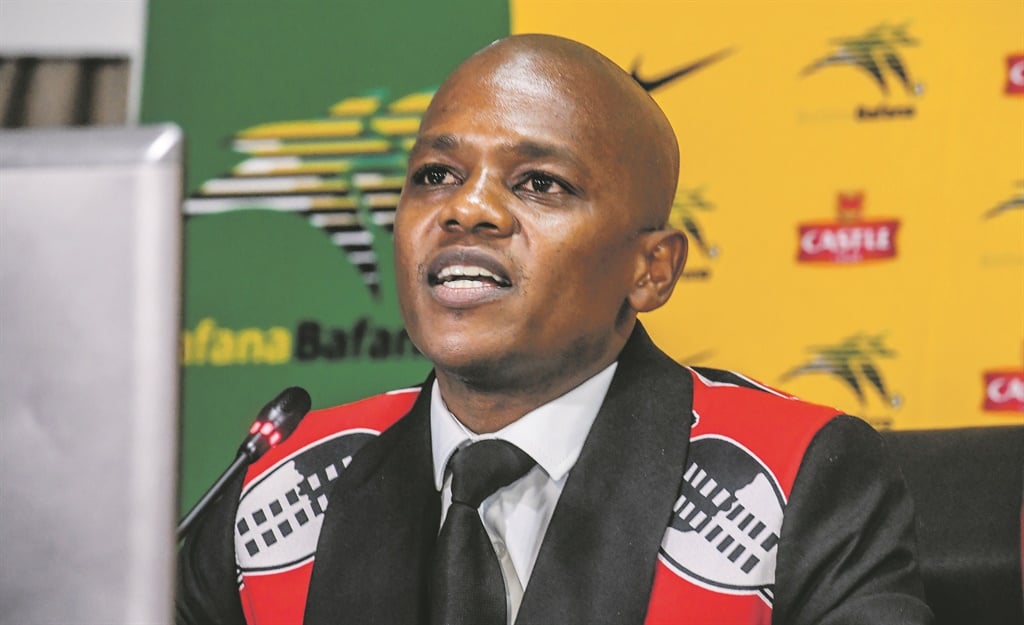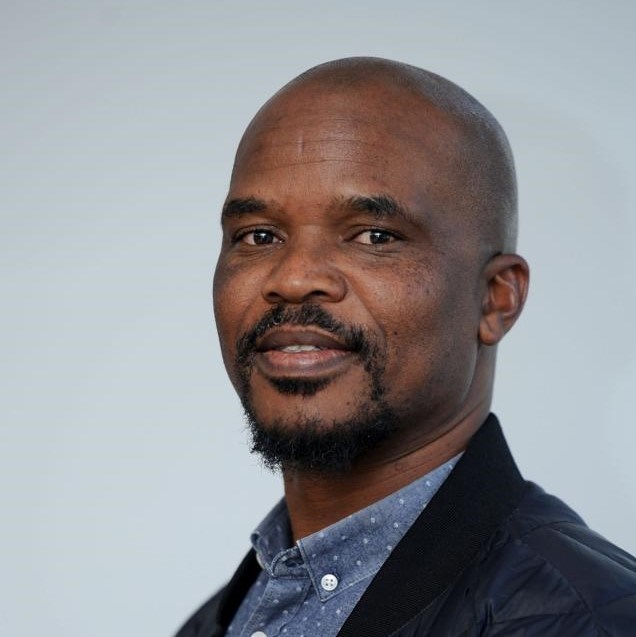
Sports physician Thulani Ngwenya was looking forward to 2020 as the year in which he would channel more energy into his pet project, the Sports Medicine Africa Clinic.
This is a sports clinic practice he co-established with four other sports physicians – Dr Jerome Mampane, who consults for Kaizer Chiefs, as well as Dr Crosley Mulungwa and Dr Moshe Magethi, who work with various national sports teams.
Ngwenya has often spoken about his and his colleagues’ desire to “revolutionise sports medicine” on the continent.
He pursued this goal while he juggled his roles as Safa chief medical officer and Bafana team doctor.
Little did Ngwenya know he would be at the forefront of a national project that redefined the organisation of football competitions in the face of a pandemic.
Due to the havoc caused by the Covid-19 outbreak, Ngwenya swapped his Bafana backroom role for that of a frontline worker, as the country’s football Covid-19 compliance officer.
The 36-year-old answered the SOS call to be part of the task team – established by Safa and the PSL in May – who coordinated the safe return of football in the country amid the pandemic.
It was the delivery of the resumption-of-play plan in the domestic club competition that earned Ngwenya and his PSL counterparts rave reviews, following a near-flawless execution of competition in a bio-bubble environment.
“I’d wanted to spend more time on Sports Medicine Africa, especially after we’d established a few branches, but the pandemic took my time away. I was focusing on professional club football, as well as regional and continental football,” said Ngwenya regarding the project that housed all 32 premier and first division clubs over six weeks in order to complete the 2019/20 season.
“The pandemic forced the healthcare sector to take the lead and, being frontline workers, led by Health Minister Zweli Mkhize, meant football also had to follow.
“I have no hesitation in saying that the delivery of football in a biologically safe environment has been the biggest highlight of my career in sports medicine. It drew the attention of Fifa and CAF to the work we did here,” reflected Ngwenya, who kick-started his sports medicine career with the South African women’s Under-17 team in 2012.
Last month, he was roped in by southern African football controlling body Cosafa to oversee a month-long programme involving 34 national teams of men’s and women’s tournaments across four different categories, all held in Port Elizabeth between November 3 and December 13.
Ngwenya was appointed the official CAF medical officer at the regional championships, which comprised competitions for men’s and women’s Under-17s, women’s seniors and men’s Under-20s.
“The medical risks that came with putting people together in one area [needed to be fully considered and countered]. A lesson we learnt was that South Africa is blessed with immense talent. ‘Impossible’ should never be a word in our vocabulary because, when we work together, we can achieve anything,” said Ngwenya, who hails from KaNyamazane township in Mpumalanga.
“I’m aware of no other sporting code that has delivered competition in a biologically safe environment on the continent. Rolling out the first bio-bubble event in Africa was hectic, because we had to be meticulous and thorough.
“Among the major risks of this exercise was the possible outbreak of flu, since it’s an airborne virus and this was the winter season. There was also a risk of diarrhoea, because food had to be prepared in one common area and transported to all the bio-bubble hotels. So even one slight error in which something wasn’t done properly could have spelt disaster.
“But I wasn’t alone. Credit must go to the team, because, while I was focused on the medical side, others had to implement the protocols on the ground and attention to detail was key,” said Ngwenya, who referred to the Covid-19 pandemic as “a new abnormal situation that we need to live with until we get a vaccine”.
He said he believed that South African football’s well-executed plan to organise competition in the face of a health crisis would set the benchmark for big continental championships like the Africa Cup of Nations.
| ||||||||||||||||||||||||||||||
 |




 Publications
Publications
 Partners
Partners










